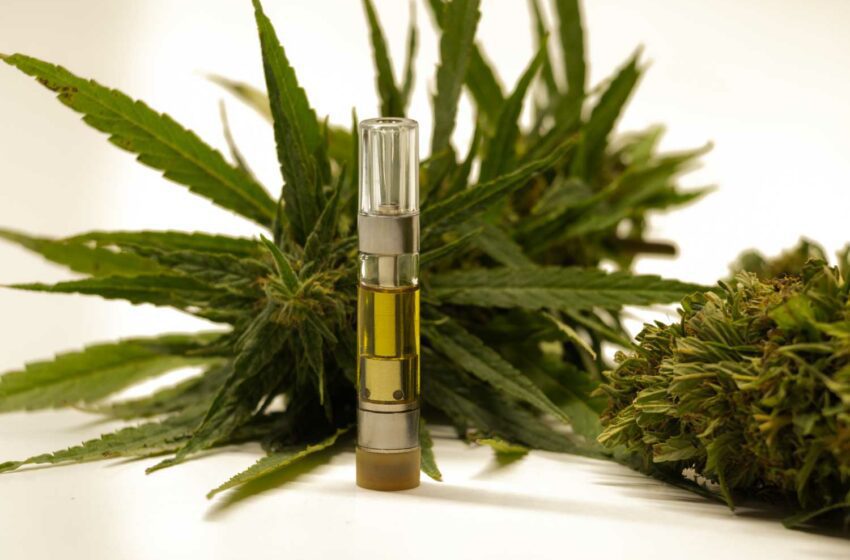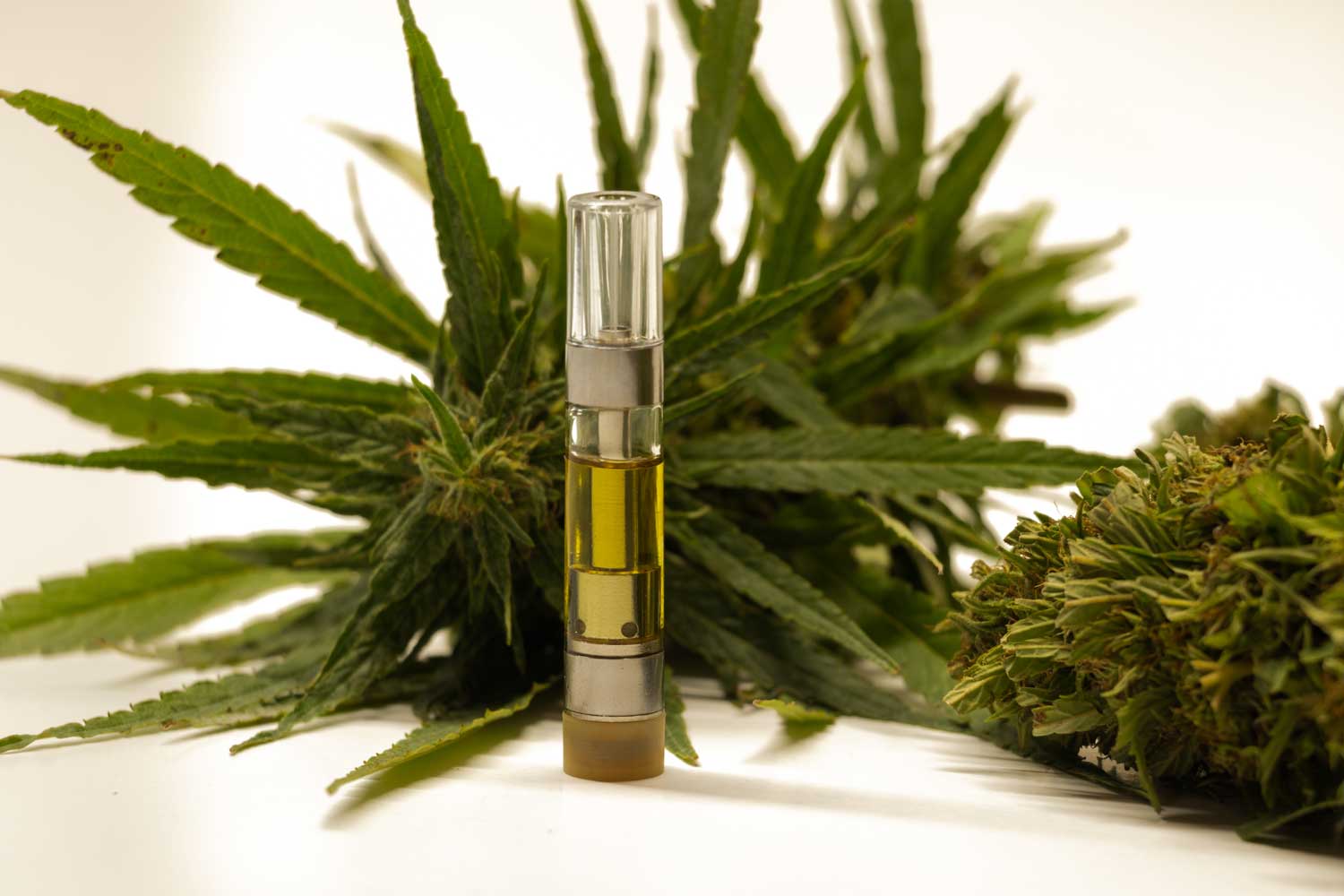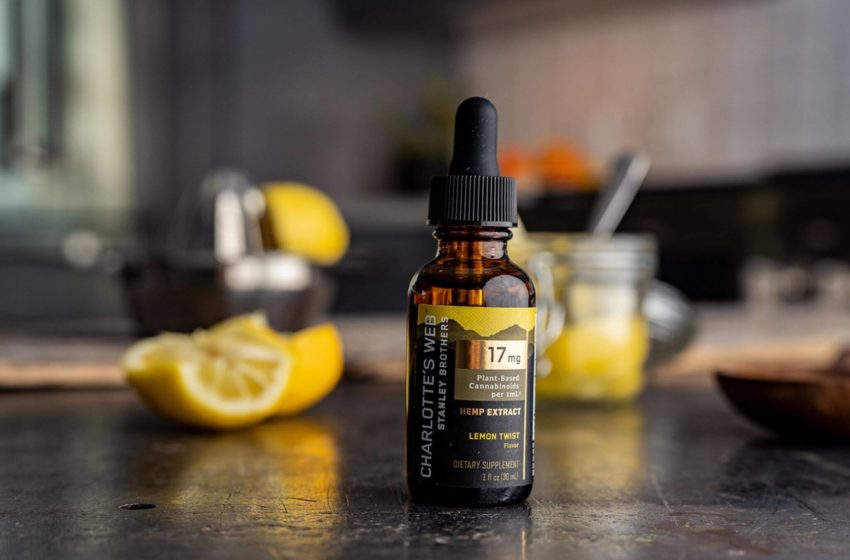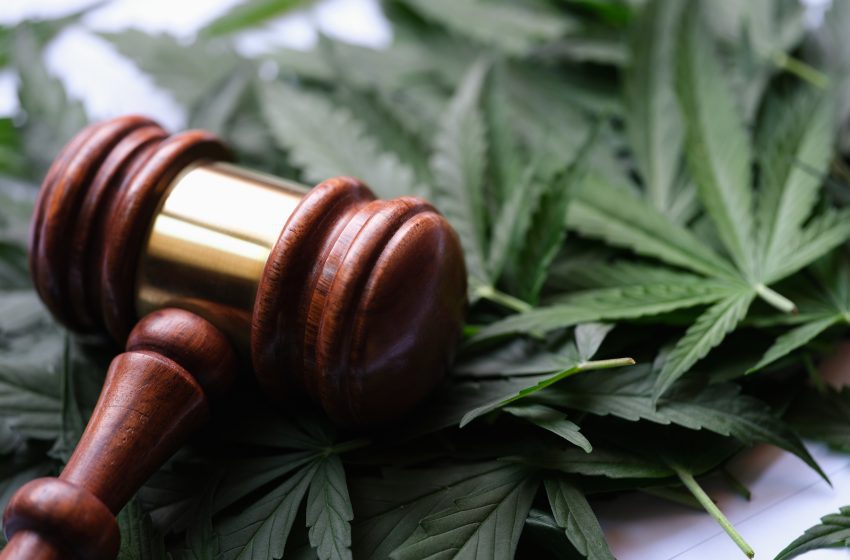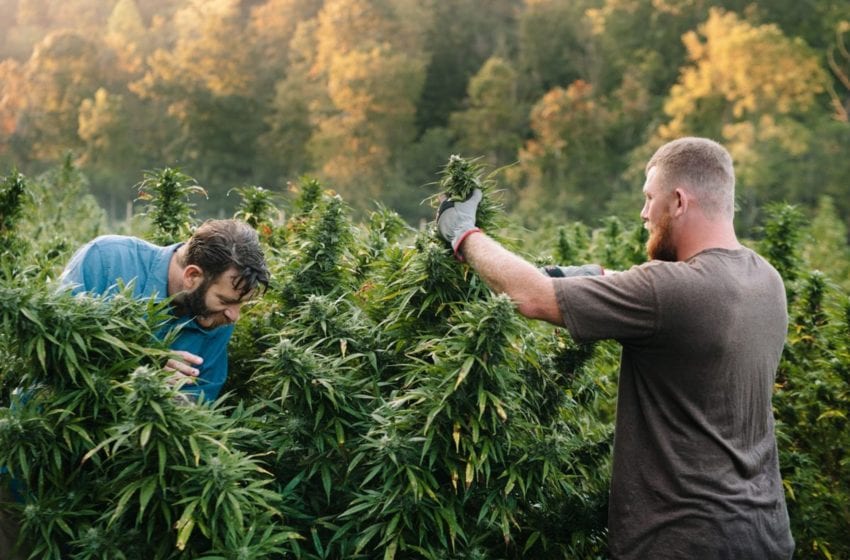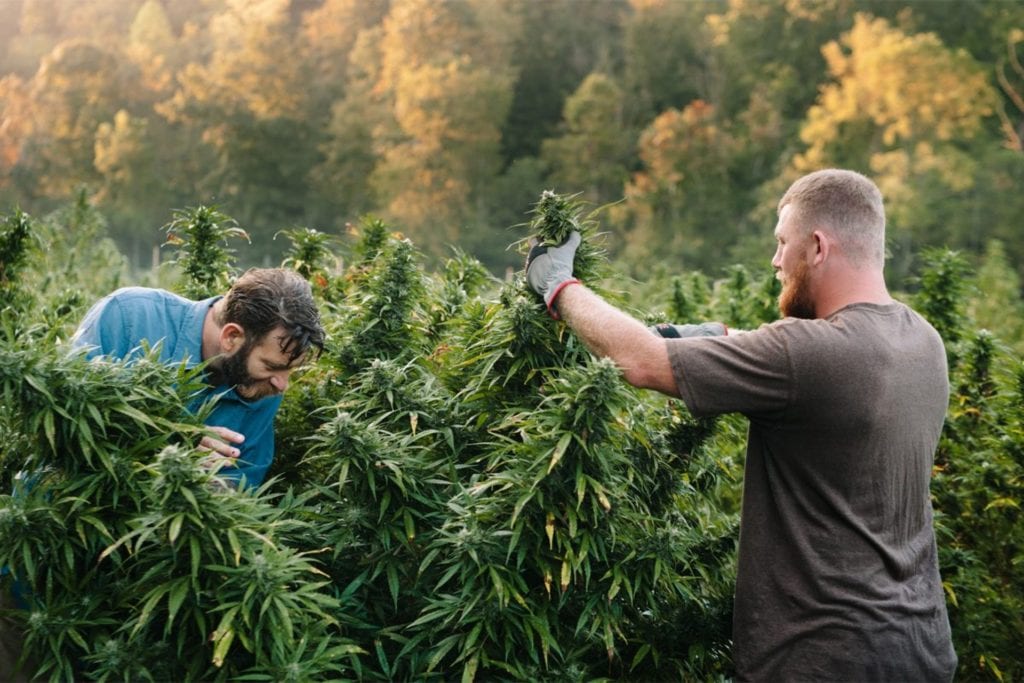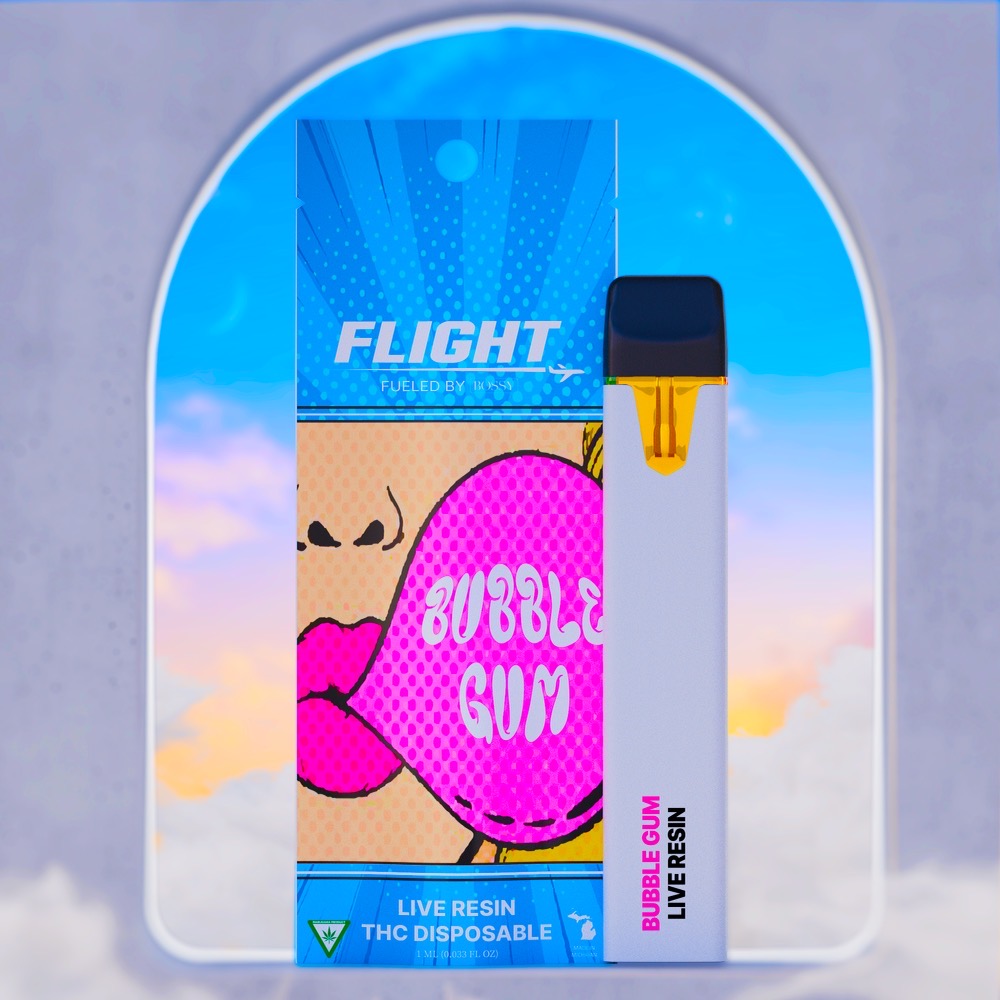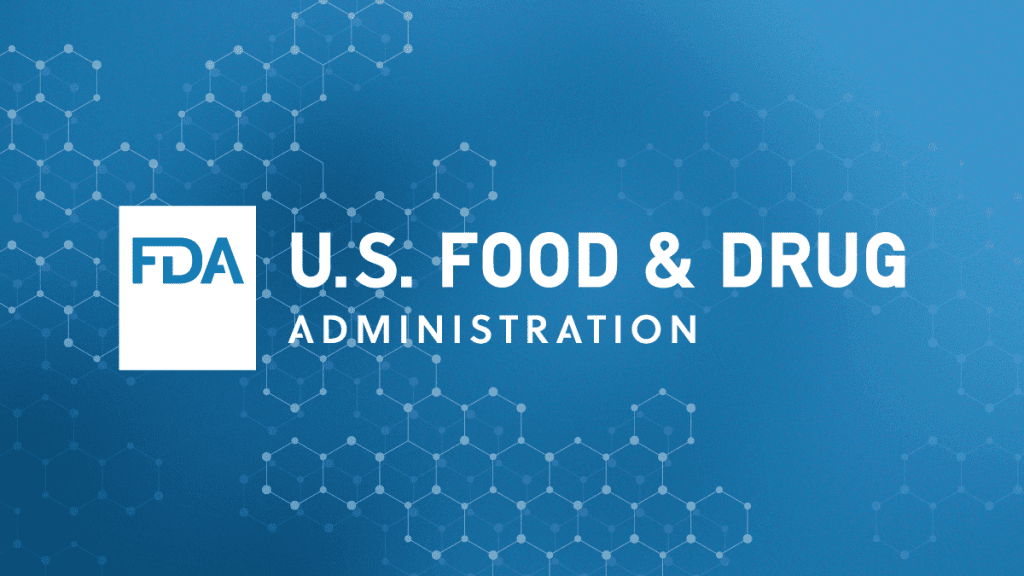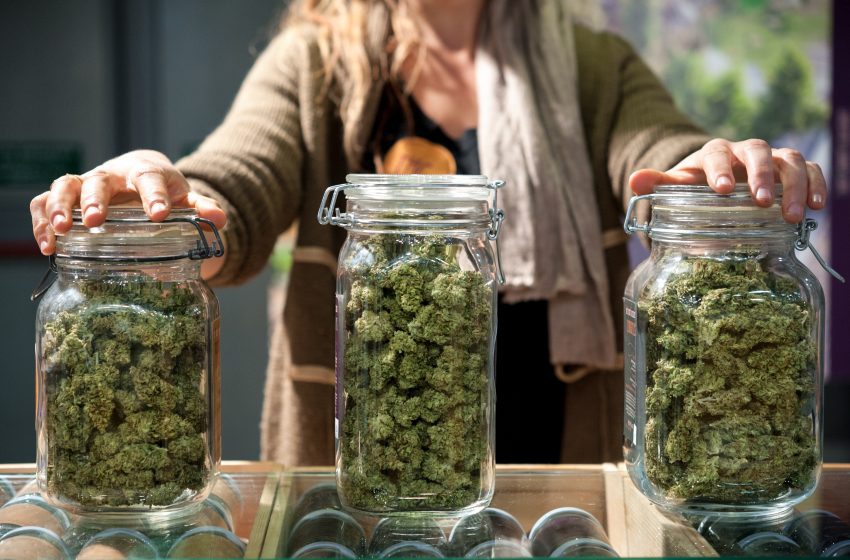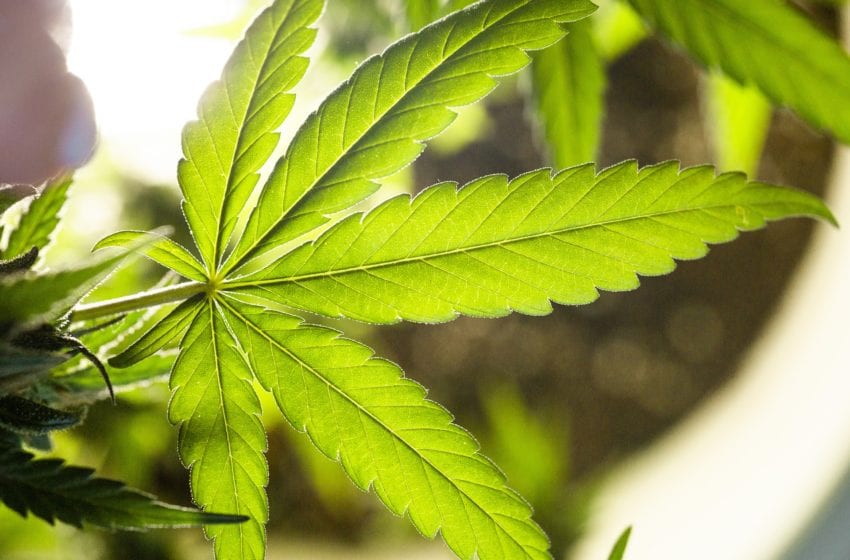
Hemp is cannabis, and it should be subject to reasonable regulations of quality, safety and youth access.
By Rod Kight
The hemp industry is subject to numerous regulations. Aside from hemp production, which is regulated by the U.S. Department of Agriculture (USDA) either directly or via USDA-required approval of state hemp plans, every state in the country has laws regarding hemp. Most states also regulate hemp products. Some states, such as California, Colorado and Oregon (to name a few), have very detailed hemp regulations that are much more stringent than federal regulations for their similar noncannabis product categories (i.e., foods, dietary supplements, etc.).
Other states, including but not limited to Florida, Tennessee and Texas, have detailed but less stringent regulations. Several states regulate hemp more generally, including Alabama, Indiana, Louisiana and Washington. To be clear, I am not making value judgments about any of these states’ regulatory schemes nor am I being comprehensive. The point I am making is that hemp and hemp products are subject to regulations of some sort, often stringent regulations, on a state-by-state level.
A hemp company that distributes products nationally, or even regionally, must deal with many compliance hurdles, including state laws that directly contradict other state’s laws, labeling requirements that are well beyond any labeling requirements under federal law, analytical testing, permitting, advertising, and age restrictions. Additionally, more and more states are imposing hemp-specific taxes. On top of this web of sometimes conflicting regulations, law enforcement is often behind the curve, and lawful hemp operators constantly live in fear of an unfounded, but stressful and expensive, raid of their businesses.
Additionally, the claim that hemp is “merely” regulated at the state level undercuts all the arguments regarding regulation promulgated by the marijuana industry since marijuana is federally illegal and is thus solely regulated by the states. This is particularly true since at the federal level, the U.S. Food and Drug Administration, the USDA and the Federal Trade Commission (not to mention the Drug Enforcement Administration) have all flexed their regulatory muscles at the hemp industry during its decade-long evolution. In short, the claim that the hemp industry is “unregulated” is simply false. Most of my time is spent advising clients on how to stay compliant with the patchwork of state and federal regulations governing the hemp industry.

The hemp industry desires reasonable federal regulations
The hemp industry is often portrayed as populated by greedy “cowboys” who despise regulation and will do anything they can to sell contaminated bathtub gin products to unassuming consumers and to minors. In the popular trope, the hemp industry abhors and shuns regulations. This view is entirely unfounded. In nearly a decade of representing hemp companies, I have been fortunate to represent many of the largest and most well-known ones in the world. I have also enjoyed representing hundreds of small, mostly unknown hemp companies founded and operated by regular people who are following their dream of owning a business and expanding cannabis access to their fellow Americans.
Additionally, I have been privileged to represent and interact with many hemp associations and attorneys who represent hemp companies throughout the U.S. The common denominator of all of these people and companies is a desire to be subject to a single set of reasonable regulations. I am not aware of a single client of mine, or any other hemp executive, who does not agree with the statement, “The hemp industry should be subject to reasonable regulations regarding safety and access by minors.” Sure, cowboys exist in every industry, including the marijuana industry, but in the legitimate hemp industry, everyone is like-minded on this point.
What are “reasonable regulations”? First, and just like any other consumer packaged goods (CPG) industry, the hemp CPG sector should be subject to regulations regarding the quality and purity of its products. Moreover, marketing and labeling of hemp products should be uniform and provide the consumer with sufficient information about a product to make an informed decision about whether to purchase it and how to consume it. These types of regulations already exist for foods, dietary supplements and “vice” products, such as alcohol and tobacco. The hemp industry wants to be treated the same way with respect to quality control and marketing—no more, no less.
Second, access to hemp products by minors should be restricted. There is a lot of focus on “intoxicating” versus “nonintoxicating” products, however, classifying hemp products based on the potential for intoxication is a fool’s errand. Rather, all hemp products, with perhaps the exception of CBD isolate topicals, should be subject to age-gating, with the proviso that a minor’s parent or guardian can purchase a hemp product for the minor’s use and also provide authorization to third parties regarding its use by the minor.
I recognize that this proposal will annoy many people, but it is simple and avoids messy distinctions that are difficult to articulate and mostly unfounded in science, tricky regulations and an overall regulatory structure that will be resource intensive and, frankly, unnecessary. Distributors should be required to age-gate, but minors who need hemp cannabinoids should be able to access them with parental/guardian consent. I will also say that there are other ways to restrict access by minors and that my proposal is up for negotiation. Remember, however, that the point of this article is not to propose a detailed regulatory regime. Rather, it is to make it clear that the hemp industry agrees with age-gating and regulations regarding safety and quality.
A short note about convenience stores
Finally, I’d like to make a side comment about the sale of hemp products in convenience stores. I frequently hear the claim that “hemp products are sold in convenience stores” used as an argument about how bad and unregulated the hemp industry is. This is a red herring. Of all the possible distribution outlets for hemp products, convenience stores are among the best. Convenience stores have for decades been selling highly regulated products, such as alcohol and tobacco, that are subject to strict age-gating.
To be clear, I am in favor of all sorts of properly regulated distribution outlets for hemp products, from e-commerce sites to boutique hemp wellness centers. However, to claim that the hemp industry is somehow bad and unregulated because its products are sold at convenience stores, which are highly regulated and frequently subject to agency audits, licenses, high fines and even criminal action if certain products are sold to minors, is ridiculous. The “convenience store” argument against hemp should die because it is totally unfounded.
Conclusion
The hemp industry has been the subject of a smear campaign based on unfounded allegations that it is unregulated and that it opposes regulations. Both claims are untrue. The hemp industry is highly regulated by both federal and state laws. Additionally, the hemp industry favors reasonable regulations regarding product safety, consumer safety and access by minors. Reasonable people can differ on how these types of regulations should be written, but they are necessary and welcomed by the hemp industry.
Finally, the particular distribution outlet for hemp products is immaterial provided that hemp products are properly and uniformly regulated for quality and safety and that access by minors is restricted. To claim that an industry is unregulated and illegitimate because its products are sold at convenience stores, which happen to be some of the most regulated distribution outlets in the U.S., is a ridiculous argument that needs to be put to rest.
Hemp is cannabis, and cannabis should be subject to reasonable regulations regarding quality, safety and access by minors so that all consenting adults can have the access they need and that all Americans who desire to operate a legally compliant hemp business can take part in the burgeoning cannabis industry.
Rod Kight is an international cannabis lawyer. He represents businesses throughout the cannabis industry.


